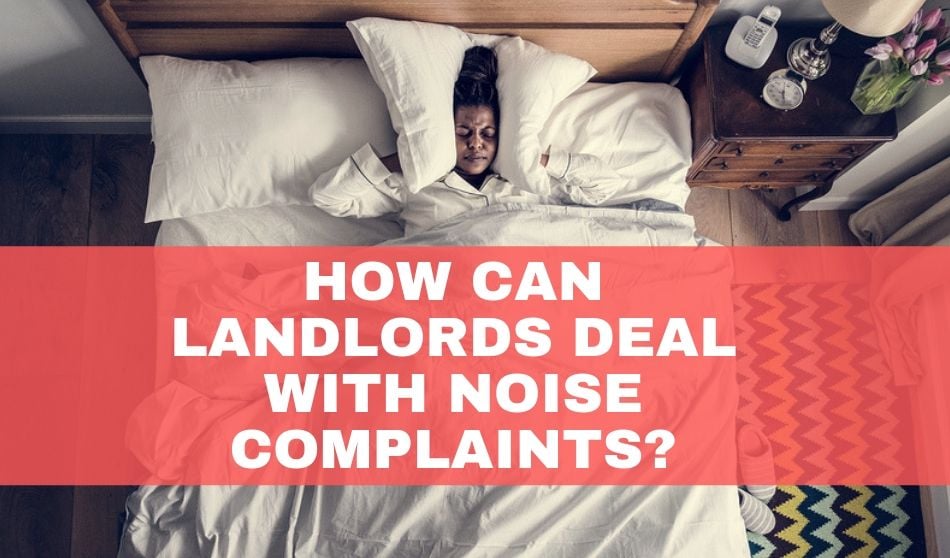
Your position can feel demanding at times, especially when tenants are causing issues. On top of your other responsibilities, you have to ensure your renters are acting responsibly, treating neighbors with respect and conforming to the rules. It’s a lot to balance when you have more pressing obligations.
Unfortunately, a tenant-tenant conflict will rarely go away on its own. You need to resolve it, helping a renter improve their behavior to prevent any future disputes. This is simple enough to say, of course, but a recurring problem like noise complaints can challenge even the most experienced landlord.
Whether it’s a TV, stereo, barking dog or rowdy guests, someone in your building is going to make noise, and someone else is going to find it irritating. It’s inevitable, and you only have so many options for pre-empting these incidents. However, a proactive approach to noise complaints is often the most effective.
1. Set Noise Limits in Your Lease
You’ll reduce the risk of noise complaints when you set limits in your lease. Your tenants should have a firm understanding of what they can and cannot do, what will happen when they break a rule and similar details. Otherwise, you’ll have difficulty trying to determine what constitutes “too much noise.”
For example, one of your tenants may think their neighbor’s speaker system is too loud, while the neighbor disagrees. Without a set of limits or rules you can reference, you’ll have to improvise. Furthermore, your updated lease will help tenants understand the conditions for living in your property before they move in.
2. Create a Reasonable Noise Curfew
A common technique for managing complaints is a noise curfew. With this type of limit, you only need to check the time to decide whether or not a tenant is violating your agreement. It simplifies the process and makes it far easier to resolve conflicts between neighbors, alleviating much of the pressure.
That said, tenants can feel dissatisfied with the curfew if you set it too early. You have to place it at a reasonable hour, which is a term that’s likely to differ among your renters. Naturally, not everyone is going to agree with your choices, and you may encounter other issues.
3. Make Sure Your Rules Are Clear
You can’t just write your new rules on a piece of paper and tape it to the door of a common area. Instead, you should include the stipulations of the previous two sections in your official set of regulations — something tenants can turn to when they need clarification.
It’s advisable to send an email to your renters and inform them about any changes you’ve made. This also presents an opportunity to reiterate your existing set of conditions and remind your tenants of proper behavior. Whether you’re enforcing rules in a condo or an apartment building, these measures still apply.
4. Encourage Your Tenants to Talk
Your tenants are capable of working through their issues with one another, but they may need some encouragement. You can’t freely distribute their contact information, but you have alternative methods. Something as simple as a mixer can make your renters more open and receptive to a conversation.
Tenants who are familiar with each other are often willing to overlook a little noise. If they fail to form these relationships — and you can’t prompt them to work out their issues — they might turn to small claims court or similar strategies for resolving a problem with a neighbor.
5. Take Action With Problem Tenants
You may have received multiple noise complaints about the same tenant, and try as you might, you’re unable to manage them. Nothing seems to work. In these situations, after you’ve exhausted all your options, the best course of action is to threaten the tenant with eviction if they don’t correct their behavior.
To that end, your lease should outline the right to evict a tenant who generates noise complaints. It’s necessary to include in clear language that a renter who refuses to conform will face the consequences of their decisions. You’ll naturally want to avoid eviction if possible, but it’s effective for reducing your noise complaints.
Dealing With Noisy Tenants
Your position can feel demanding at times, but it’s easy to alleviate some of the stress with a few simple strategies. As long as you follow the five suggestions above, you’ll decrease the number of noise complaints and increase tenant satisfaction.